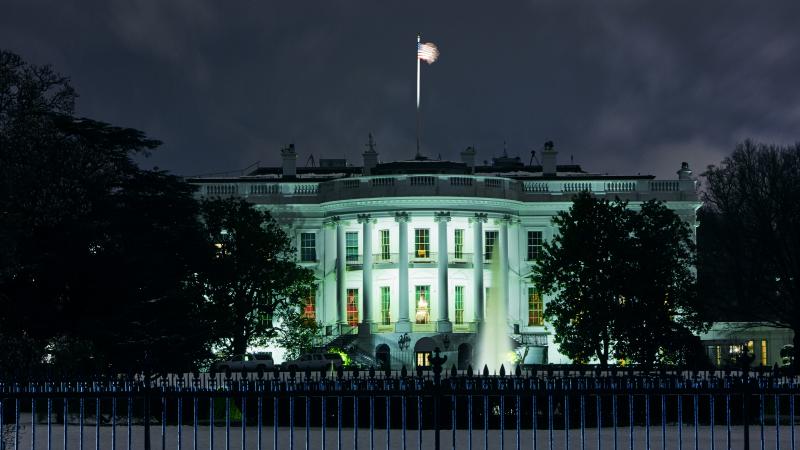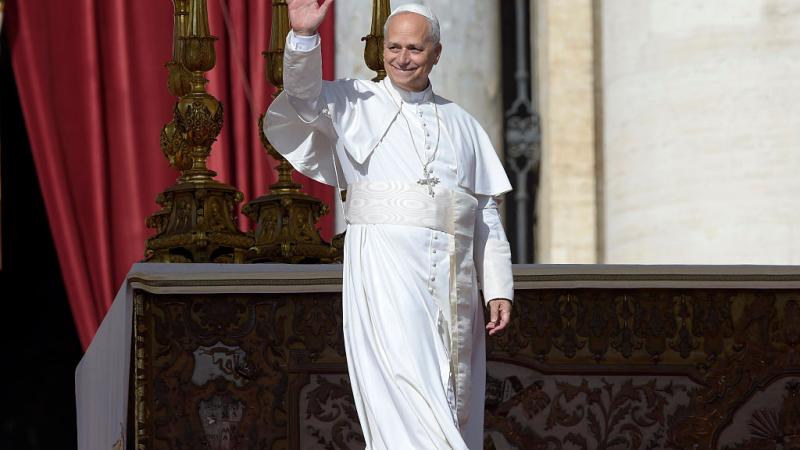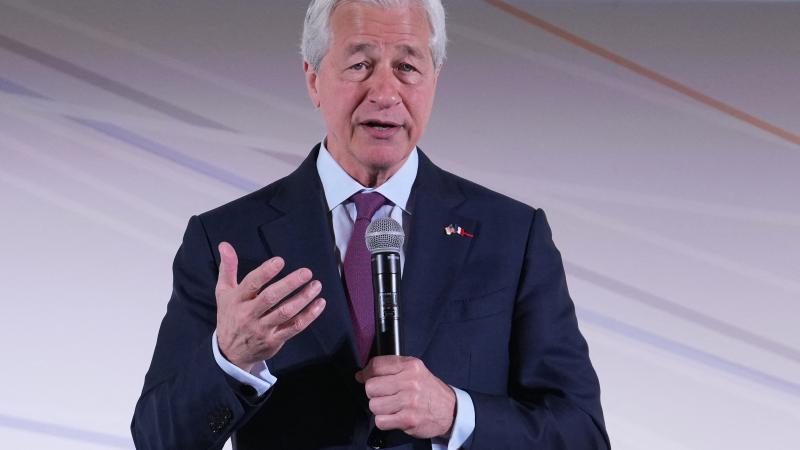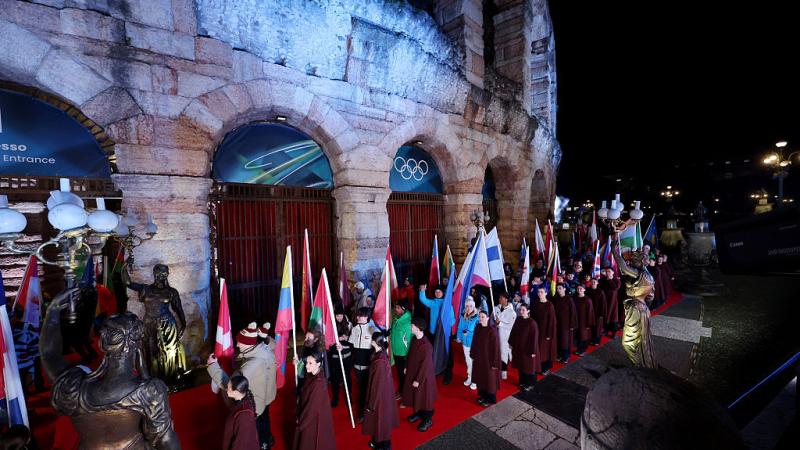Ultimatum: A day before Veterans Day West Point vax objectors get 12 hours for final decision on jab
Academy waited more than a week before notifying cadets of denials of their appeals of rejected requests for medical exemption.
On the day before Veterans Day, West Point Military Academy cadets were given less than 12 hours to respond to denials of their appeals of their rejected requests for medical exemption from the military's legally tottering COVID-19 vaccine mandate.
Despite West Point denying the appeals on Nov. 2, the cadets weren't notified until Thursday morning at 6 a.m., when they were given until 4 p.m. to decide whether to take the vaccine.
In August, West Point cadets were similarly given 24 hours to decide whether or not to take the COVID vaccine. In that case, the ultimatum followed denials of their appeals of their rejected religious accommodation requests (RAR) for exemption from the vaccine mandate.
The academy's latest short-notice ultimatum to cadet vaccine objectors "is a continuation of what we've seen at West Point," military attorney R. Davis Younts told Just the News on Thursday, noting that there now remain "only a few" of these cadets who haven't resigned and still want to push through the process. These cadets have a "strong desire to continue to serve" while also remaining "consistent in their faith," he added.
Younts explained that while many of the cadets are part of one of the lawsuits seeking an injunction against the Army vaccine mandate, they aren't protected yet.
"West Point continues to do this on a Friday afternoon or before a three-day weekend, which feels intentional," Younts said, as it makes it difficult for the cadets to consult with legal counsel or seek relief in federal court.
Denying the cadets' appeals right before Veterans Day is not only "a huge blow," he said, but given that it's following Election Day, "congressional involvement is not really possible."
West Point Military Academy did not immediately respond to a request for comment on Thursday.
The developmental counseling form that the cadets received warns: "Failure to obey this order may result in punitive or adverse administrative action."
If a cadet continues to refuse the vaccine, it may result in "separation from the service," the form continues, explaining that involuntary separation could result in an honorable discharge, a general under honorable conditions discharge, or an other than honorable discharge. A cadet receiving either of the last two "may be ineligible for many, if not all, veterans benefits," explains the form, and "may face difficulty in obtaining civilian employment as employers may have a low regard for less than Honorable discharges."
The form denying the cadets' medical exemption appeals orders them to "become fully vaccinated with a COVID-19 vaccine that has received full licensure from the Food and Drug Administration (FDA)." It adds that cadets who receive either "voluntary immunization with a COVID-19 vaccine under FDA Emergency Use Authorization or World Health Organization Emergency Use Listing" are also considered to be compliant with the order.
However, the fully FDA-approved versions of the vaccines have not been made available to military members, and the military can only legally force service members to receive vaccines that are fully approved by the FDA.
Only the FDA Emergency Use Authorization (EUA) vaccines have been made available to military members, and both a Navy administrative separation board and an Air National Guard administrative separation board have determined that the vaccine mandate is unlawful because the fully FDA-approved versions aren't available.
Unlike the Navy and Air National Guard boards, a West Point board in September found the mandate to be a lawful order in its second case regarding a cadet who chose not to take the vaccine. However, Younts, the cadet's lawyer in the case, said that the board was more concerned about whether the cadet would disobey future orders based on his religion, rather than focusing on the order regarding the vaccine.















